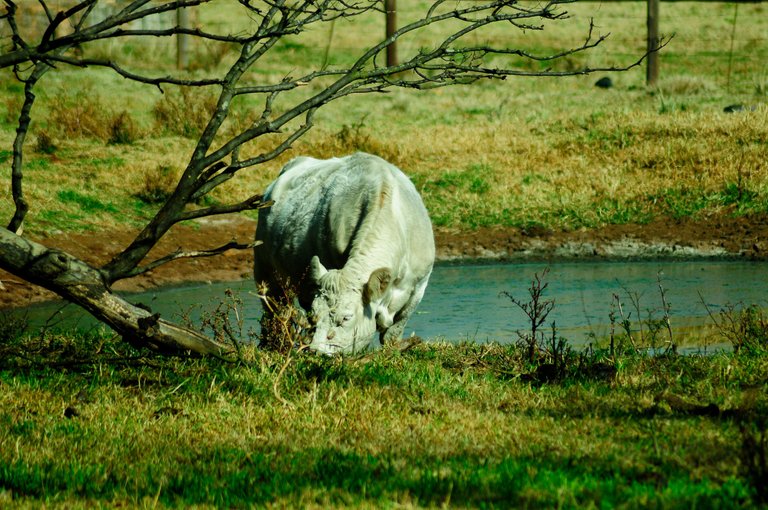The Gap in Philosophical Counselling Literature: A Seminar in Short
Prelude to the Introduction
Recently, I presented a philosophy paper at a seminar. In this post, I want to briefly summarise this talk in the hopes of maybe inspiring someone to investigate this field of philosophy for yourself or maybe just to enlighten you in this relatively new field in philosophy.
Introduction
In 2019, two authors published an article with a stark reality embedded in it: there is an almost absolute neglect of African philosophy in the field of philosophical counseling. The implications of this are numerous. In this post, based on my talk, I briefly want to look at a couple of these problems stemming from this lack of available resources in the theory and practice of the philosophical counseling field.
The Voices That Are Not Speaking (or Cannot Speak)
Currently, there are few voices from the (South) African context that are currently speaking about the problems arising from this context in a philosophical counseling or practice framework. In fact, even when African philosophers talk about philosophical practice or counseling, they turn to Western philosophies and philosophical counselors as introduction. The outcome of solely relying on Western philosophy in the African context is the disruption of the flow and creation of knowledge. For example, the importation of Western knowledge is preferred over the creation of new concepts and ideas. Indigenous knowledge and philosophies originating from the African lifeworld are thus excluded, marginalized, and occluded.
The problem especially in relation to philosophical counselling is that philosophies originating from different lifeworlds are preferred and used in a lifeworld where the concepts might not be as applicable. Moreover, it might actively exclude and occlude those knowledges that could have emerged and be used in a philosophical counseling session. Philosophies created in response to problems arising from the contemporary situation are thus ignored in favor of philosophies emerging elsewhere. For example, Plato’s philosophy or any other Western philosophy is explored and discussed in philosophical counseling discourse; Ramose or Serequeberhan or any of the contemporary African philosophy scholars are not discussed or explored.
It thus creates this situation in which different voices from the African context are not heard because they are not speaking; and when they are speaking, they are speaking a foreign language.
Speaking from Here and Today
How can one then change this problematic situation? By merely asking the question "When and from where are you speaking?" a host of disclosing possibilities open up. For example, if one is talking in 2023 from a South African context, one will have vastly different needs than those writing from the 15th century writing from a Dutch lifeworld.
However, it is important to note that I am not claiming a crude form of incommensurability in which different philosophies cannot be discussed in different contexts. Plato can obviously be discussed in a South African context, and one can learn from his philosophical writings. However, two things are important to note besides the first note. Firstly, Plato should be seen as merely another philosophy one can choose from, it is not a hegemonic philosophy all other philosophies should mimic. And secondly, one should be able to indigenize and appropriate these philosophies for one's specific needs.
And that is basically the point. Philosophies should be highly contextual and respond to the concrete needs emerging from that lifeworld. Philosophical counseling is an ideal vehicle one can use to expose the general public to that philosophy and philosophy as a way of life. But that notion of philosophy in "philosophy as a way of life" cannot be a universal term applied as if context and situational, i.e., socio-economic, factors do not matter. Or, it cannot use philosophy in this universal sense implying Western philosophy as told from the perspective of Western philosophy.
Postscriptum, or Philosophizing from here and today
Responding to concrete problems with contextual sensitivity is of utmost importance. Philosophy as a universal term has particular actualizations. Philosophical counseling should appreciate this fact and listen to voices speaking from within the lifeworld it purports to practice.
I hope that you enjoyed this rather oversimplified rendition of the seminar I presented. I hope to inspire you to do the same and practice philosophy in this manner.
The writings in this post are my own, albeit based on my presentation. The photographs are also my own taken with my Nikon D300.


